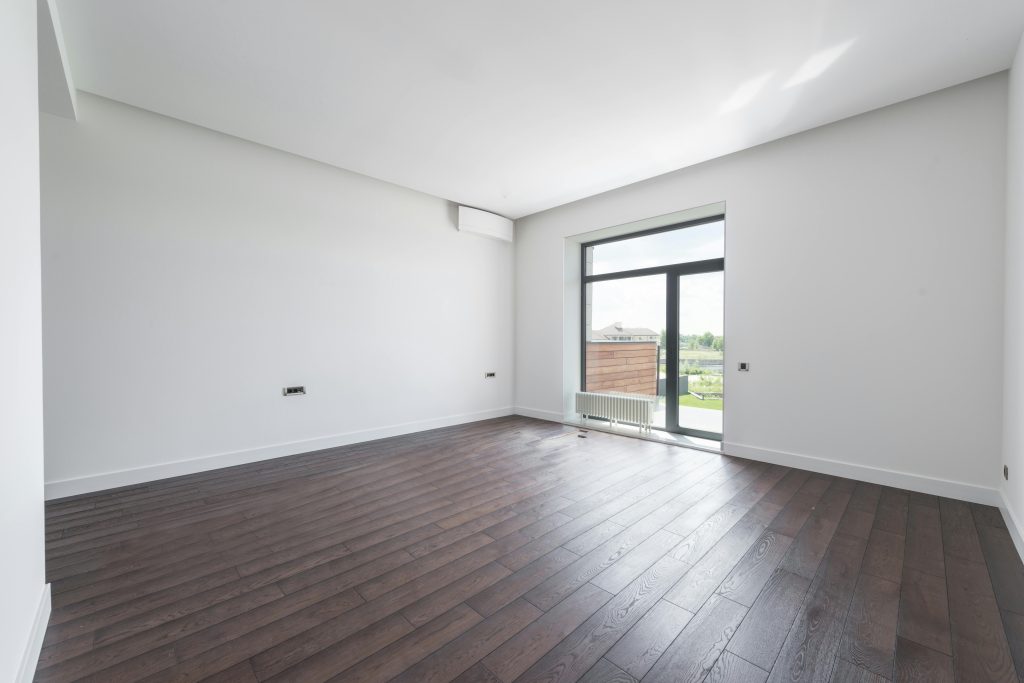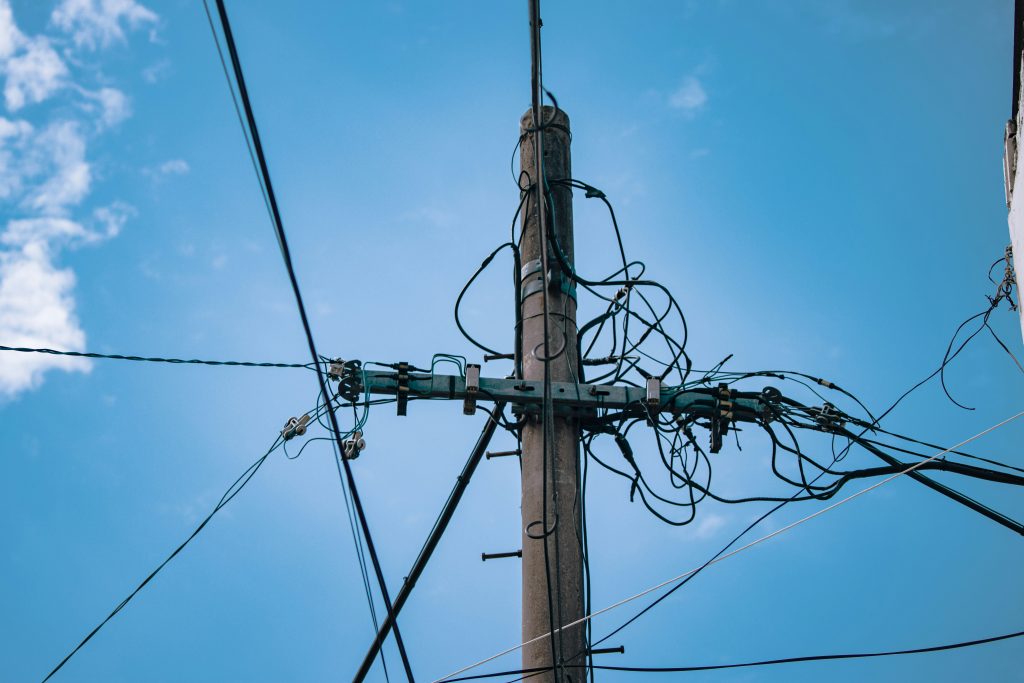Selling a house in a flood zone can feel like you’re rowing upstream without a paddle. But here’s the truth: yes, you can sell it — and sell it well. The trick is knowing how to navigate buyer concerns, legal requirements, and the impact on insurance and mortgages. Oh, and knowing when to switch routes entirely.
In this guide, we’ll walk you through everything — from understanding flood risk and market implications, right down to marketing tips and why a fast cash buyer might be your best bet.
What Is a Flood Zone?
Understanding Flood Risk Categories in the UK
In the UK, flood risk areas are classified by the Environment Agency into three main flood zones:
- Flood Zone 1: Low risk – less than 0.1% chance of flooding annually.
- Flood Zone 2: Medium risk – between 0.1% and 1% chance of flooding from rivers or the sea.
- Flood Zone 3a and 3b: High risk – greater than 1% chance (3a) or designated functional floodplain (3b), meaning water is expected to flow or be stored in times of flood.
You can check your property’s flood risk using the Environment Agency’s flood map service. It’s free and provides insight into your property’s classification – crucial when selling.
Types of Flooding to Consider
There’s more than one kind of flooding, and each affects your property’s appeal and pricing differently:
- Fluvial flooding: From rivers and streams.
- Pluvial flooding: Caused by surface water build-up after heavy rain.
- Coastal flooding: Driven by high tides and storm surges.
- Groundwater flooding: When underground water levels rise above surface level.
Properties impacted by river and coastal flooding tend to carry the highest price penalties, as they’re seen as more unpredictable and harder to mitigate.
Pro tip: If your home has never actually flooded, but is in a high-risk zone, keep that distinction clear in all communications.
How Does Being in a Flood Zone Affect Your Property Sale?
Buyer Concerns and Perceptions
Let’s be candid: buyers get nervous around flood zones.
Their top concerns?
- The risk of future flooding.
- Expensive or unavailable home insurance.
- Mortgage rejections.
- The hassle and cost of flood-proofing.
So how do you deal with this? Head-on. Transparency builds trust. If your house has never flooded, say so — and prove it. Got flood defences or upgrades? Shout about them.
Even better, get your estate agent prepped with answers. If they’re fumbling for explanations, your sale might sink before it starts.
Mortgage and Insurance Implications
Here’s the deal: mortgage lenders do lend on flood zone properties — but they want to know a few things first:
- Can the property be insured?
- Has it flooded before?
- Are there adequate flood defences?
Some buyers may need specialist flood insurance — which isn’t always cheap. If you’ve already secured cover yourself, or have quotes, share them. It makes life easier for the buyer and reassures their lender.
Impact on Property Valuation
A property’s value can be adjusted down by 5% to 25% in flood-prone areas — depending on risk level, history of flooding, and perceived resilience.
But there’s good news.
If you’ve invested in mitigation measures, it can help soften that hit.
The key is documentation. Surveyors and valuers want proof — receipts, inspection reports, photos. Don’t rely on memory.
Your Legal Obligations as a Seller
Required Disclosures
In the UK, you’re legally required to disclose known issues about your property — and flooding is high on that list.
The TA6 Property Information Form (used in most sales) asks directly:
- Has the property ever flooded?
- What type of flooding was it?
- When did it happen?
- What damage occurred?
- What steps have been taken since?
Don’t fudge it. If your home’s ever flooded – even once – you must disclose it.
Additionally, under the Consumer Protection from Unfair Trading Regulations 2008, failing to reveal “material facts” (like a history of flooding) could be considered misleading, and buyers can take legal action even after the sale is done.
Consequences of Non-Disclosure
Here’s where it gets risky.
- The buyer can pull out before exchange.
- Or they can sue you post-completion if they discover something you didn’t disclose.
- You might also face costs for misrepresentation — legal, financial, or both.
Your safest option? Full transparency. Document everything and let buyers decide with eyes open.
Tips to Make Your Property More Appealing in a Flood Zone
Highlight Flood Prevention and Resilience Measures
If you’ve flood-proofed your home, this is your chance to shine.
Common improvements that impress buyers:
- Raised electrical sockets and fuse boxes.
- Non-return valves in drains.
- Removable flood barriers.
- Flood-resistant doors.
- Tiled floors with waterproof grout.
- Water-resistant insulation.
Attach receipts, warranties, or grant paperwork if you have it. This adds credibility and reassurance.
Provide a Flood Risk Assessment
Commissioning an independent flood risk report (from the Environment Agency or a private firm) is a smart move. It gives buyers something tangible to assess and often puts fears at ease, especially if the risk has been overstated (as it frequently is).
You can also share historic flood data, including how often the property has been impacted (if at all) and what steps were taken afterward.
Target the Right Buyers
Some buyers are less phased by flood risk than others. Here’s who to focus on:
- Investors and landlords: Especially if they’re buying for rental yields, not resale.
- Cash buyers: No mortgage means no lender hurdles.
- DIYers and rebuilders: If they’re planning a major renovation or knock-down, flood status is less relevant.
Tailor your listing and marketing to attract these groups — and work with estate agents who understand how to sell to them.
Marketing Your Property the Smart Way
Use the Right Language
Let’s be honest — saying your house is “in a flood zone” doesn’t sound great.
But how you frame the message makes all the difference.
Instead of focusing on risk, highlight resilience and preparedness:
- “Fitted with modern flood defences”
- “Flood risk assessed with professional reports available”
- “Proven track record of staying dry through recent flood events”
Stick to the facts, but present them in a calm, confident tone. If the area has a community flood plan or EA investment underway, mention that too.
And remember: estate agent listings should always be accurate, but they should also sell the benefits, such as river views, not just state the challenges.
Another thing to mention is that if you’re selling a fla, the building will likely be insured by the management company, and if your flat is on an upper floor, then it’s unlikely to be runined in case of a flood.
Choose Estate Agents with Experience in Flood Zone Sales
Not all agents are created equal — especially when it comes to specialist properties.
Here’s what to look for:
- Have they sold homes in flood zones before?
- Can they share successful case studies?
- How do they address buyer concerns and manage insurance/mortgage queries?
Should You Consider Selling to a Cash Buyer Instead?
When Traditional Buyers Pull Out…
Let’s face it: even if your property is liveable and secure, mortgage lenders can still get cold feet if it’s in a flood zone — especially if:
- There’s a history of flood damage.
- Insurance has been difficult or costly to secure.
- A negative valuation flags up concerns.
These issues often cause buyers to back out late in the game — right after surveys or lender checks. That means wasted time, legal fees, and huge stress.
And if it’s happened once, it’ll likely happen again.
Why a Fast House Sale Might Be a Smarter Option
That’s where companies like Property Rescue come in.
We offer:
- Guaranteed cash offers — no waiting around for mortgage approvals.
- Speed — we can exchange contracts in just 48 hours if needed.
- Zero fees — no agents, no legal costs, no EPC or listing expenses.
- Certainty — no fall-throughs or last-minute dropouts.
If you’re in a flood zone and struggling to sell the conventional way, this route removes all uncertainty — and gives you somewhere to offload your property fast.
How Property Rescue Can Help
At Property Rescue, we buy any residential property in England or Wales — even if it’s flood-prone or recently flooded.
Here’s how it works:
- Request an offer online or by phone.
- Get a formal cash offer: no obligation, no pressure.
- Agree a timeline: we tailor it to your needs.
- Complete the sale: quickly and smoothly, with legal costs covered.
If time’s tight or confidence is low, you don’t need to go it alone. We’re here to make the process simple, stress-free and financially secure.
Selling a Flood Zone Property After a Recent Flood Event
Should You Wait or Sell Now?
If your house has just flooded, you’re probably wondering — should I wait for things to settle or just sell now and move on?
Here’s a quick breakdown:
Pros of waiting:
- Allows time for full repairs and drying out.
- Property may regain some value once restored.
- Less buyer hesitation after a “quiet” period.
Cons of waiting:
- You’re covering insurance excesses, bills, and possibly temporary accommodation.
- Further weather events could hit before you sell.
- Buyers may still be wary long after the flood if it’s in the news.
Some buyers also view recently flooded homes as an opportunity to negotiate a better price — whether they intend to renovate, rebuild, or flip the property.
If you need to move quickly, waiting isn’t always the best option.
Selling “As Is” vs. Making Repairs First
You’ve got two main options:
- Make full repairs and restore the home before selling
– Best for maximising price (but only if the market supports it).
– Costs can easily run into tens of thousands. - Sell the property in its current condition
– Attracts investors, developers, or buyers who understand the risk.
– Saves you the hassle and cost of repairs.
– Often the better move for people who just want out.
If you’re leaning toward option 2, a cash buyer like Property Rescue is your fastest route.
We’ll buy your house as it stands — no matter the damage — and get the process moving right away.
Don’t Let a Flood Zone Sink Your Sale
At Property Rescue, we buy any residential home — even those with a history of flooding.
Just a guaranteed sale, fast.









